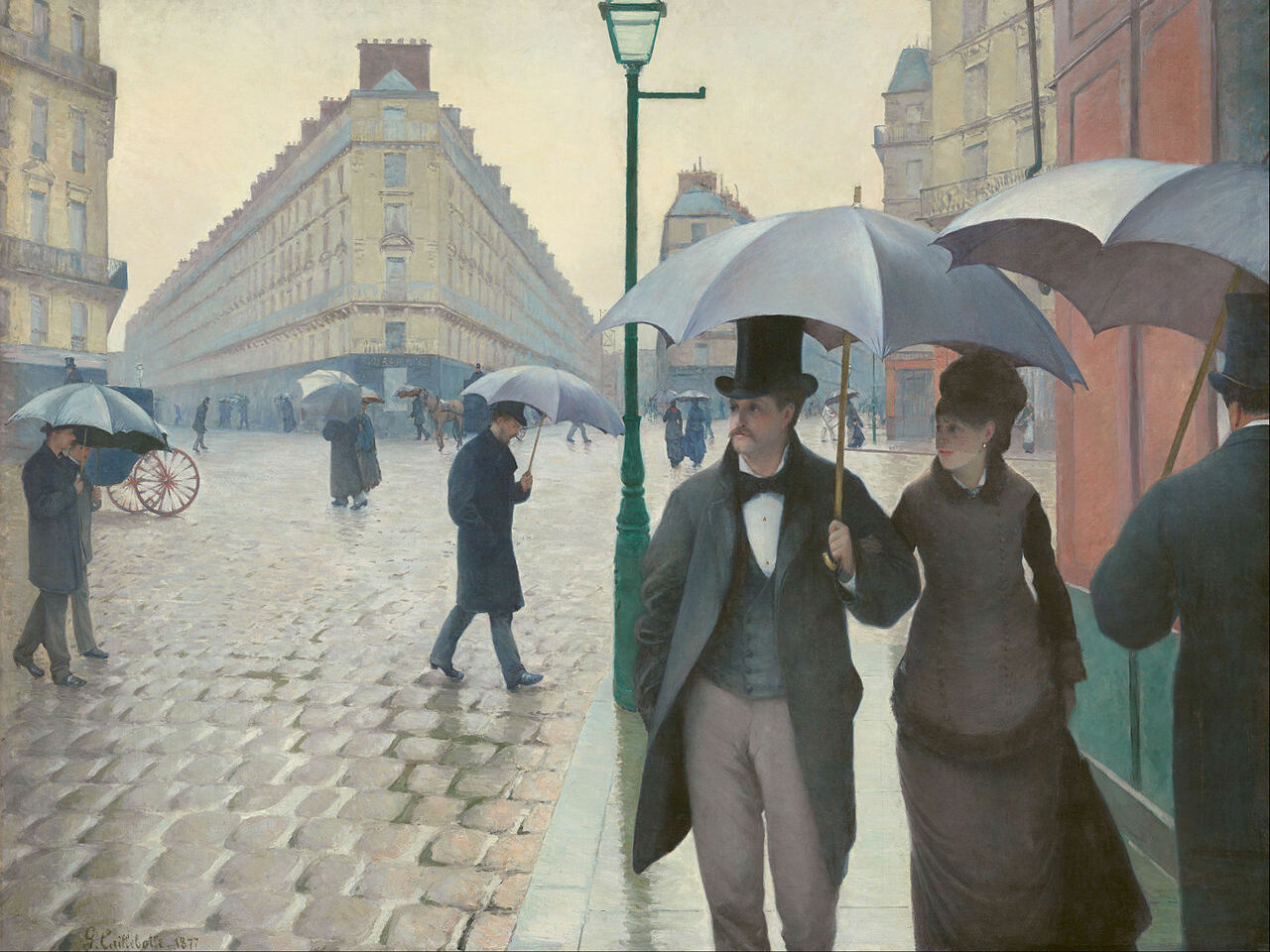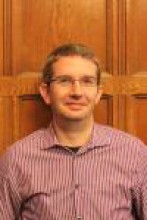HUMS 412, Structural Transformations of the Public Sphere

Course Description
An in-depth discussion of the idea, the structure and the recent radical transformations of the “critical public sphere,” considered a cornerstone of liberal-democratic society. We explore the modern emergence of the critical public sphere from the public forums of critique and literary-critical discourse, followed by the two waves of “structural transformations of the public sphere” (Habermas). (1) Transformation through mass media and consumer culture, and (2) the most recent transformations of the public sphere through social media. These transformations have been welcomed as a democratization of public life, but at the same time may endanger the emancipatory ideals of enlightenment and critique at the heart of the public sphere. The ambivalent character of the recent changes, the fragmentation, capitalization, and surveillance of public life as well as strategies of resistance are highlighted.
Led by:
|
|
Professor Kirk WettersKirk’s current research continues to pursue the intertwined genealogies of literary and critical theory in connection to questions of method in the humanities and social sciences. Under the thematic heading of “illegitimacy,” recent research and teaching have focused on Johann Wolfgang von Goethe, Herman Melville, J. J. Bachofen, Max Weber, Georg Lukács, Arnold Schoenberg, Paul Kammerer, Karl Löwith, Heimito von Doderer, Theodor W. Adorno, Hans Blumenberg, Nicolaus Sombart, Giorgio Agamben. A second ongoing project focuses on travel writing, historical fiction and biography; authors include Georg Forster, Goethe, Adalbert Stifter, Stefan Zweig, Hermann Broch, and Christoph Ransmayr. |
